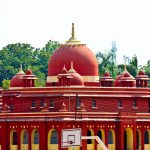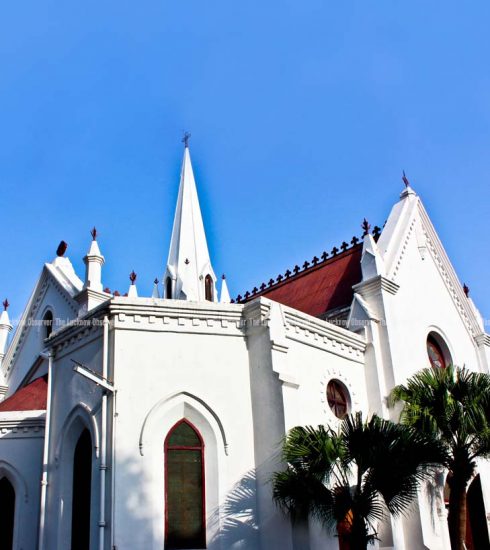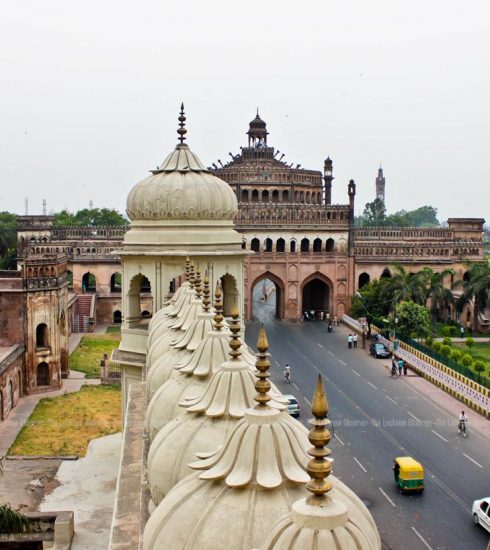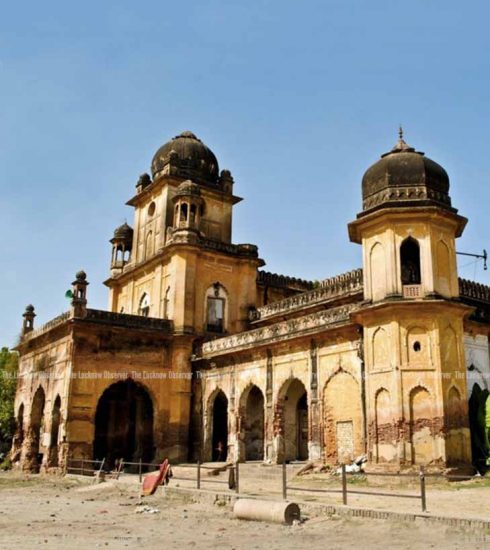Sir Henry Havelock
British soldier honoured at Lucknow and London
En route to Kanpur, besides the remains of the Alambagh Fort lie the remains of Sir Henry Havelock. Havelock’s grave stands in a small green garden, surrounded by a fence and a caretaker has been appointed to look after its upkeep. A few yards to the right of the grave lie the ruins of the Alambagh Fort. Neglected and in an utter state of disrepair. On one hand we have an English Martyr being cared for by his people and on the other, a legacy of India’s first struggle for independence fading into history.
He was born at Bishops Wearmouth, County Durham, England in 1795 and joined the British army in 1815. He came to India in 1823 and never turned back. After serving in Burma, Afghanistan, the Maratha Campaign and the Sutlej, he was saved from a shipwreck in the Ceylon and later on was nominated to lead the garrison that was to attempt the first relief of the Residency at Lucknow.
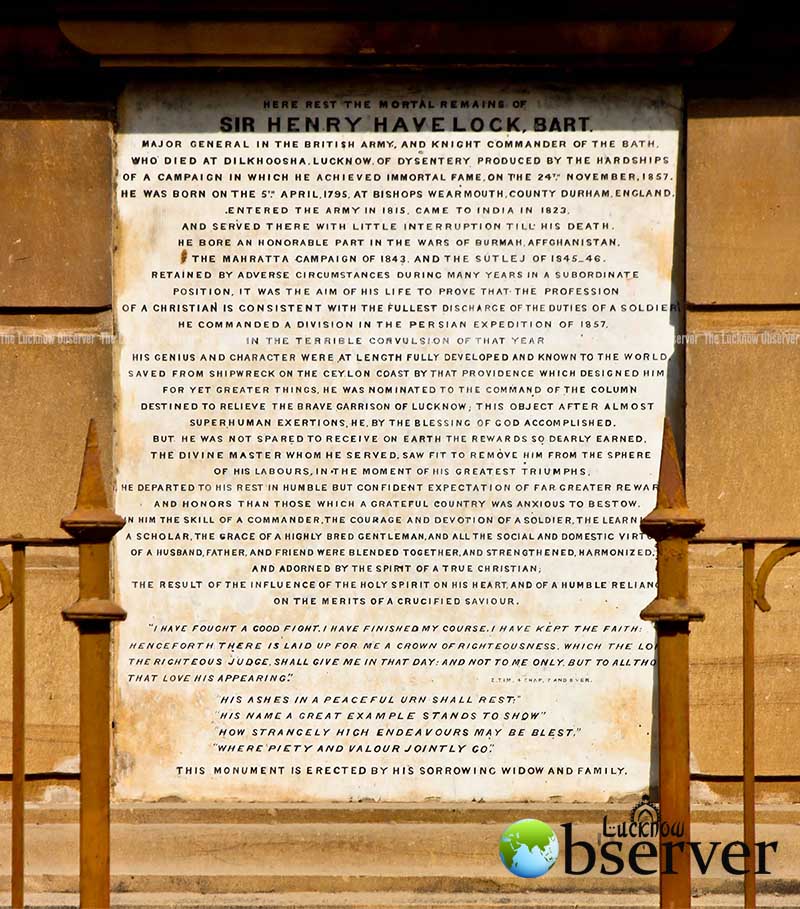
Sir Henry Havelock Grave @ Alambagh
Sir Henry Havelock, along with James Outram led the first relief column into the Residency on 25th of September, 1857. After a long and ustained attack on the sepoys they were trapped under a renewed siege. They held out till 19th November, when Sir Colin Campbell arrived with reinforcements and rescued the remaining residents of the Residency. They moved out to the Dilkusha on 22nd, by which time Henry Havelock had developed symptoms of dysentery. He died on 24th. His soldiers refused to leave his body behind and carried it with them to the Alambagh Fort where they were to put up until reinforcements arrived to enable them for another attack on Lucknow. Havelock was buried just outside the Fort walls with full military honours. A monument was erected by his wife and family on the spot. At Trafalgar Square in London, stands his statue that was erected by a government grateful for his services. Today, in the din and bustle of city’s traffic people walk past in their hurried and busy lives, oblivious to his contribution to his country.
William Behnes also designed another statue of Havelock which is at the top of Building Hill in Mowbray Park, Sunderland.
Prateek Hira
Writer is tour operator by profession and heads a tour company as its CEO





